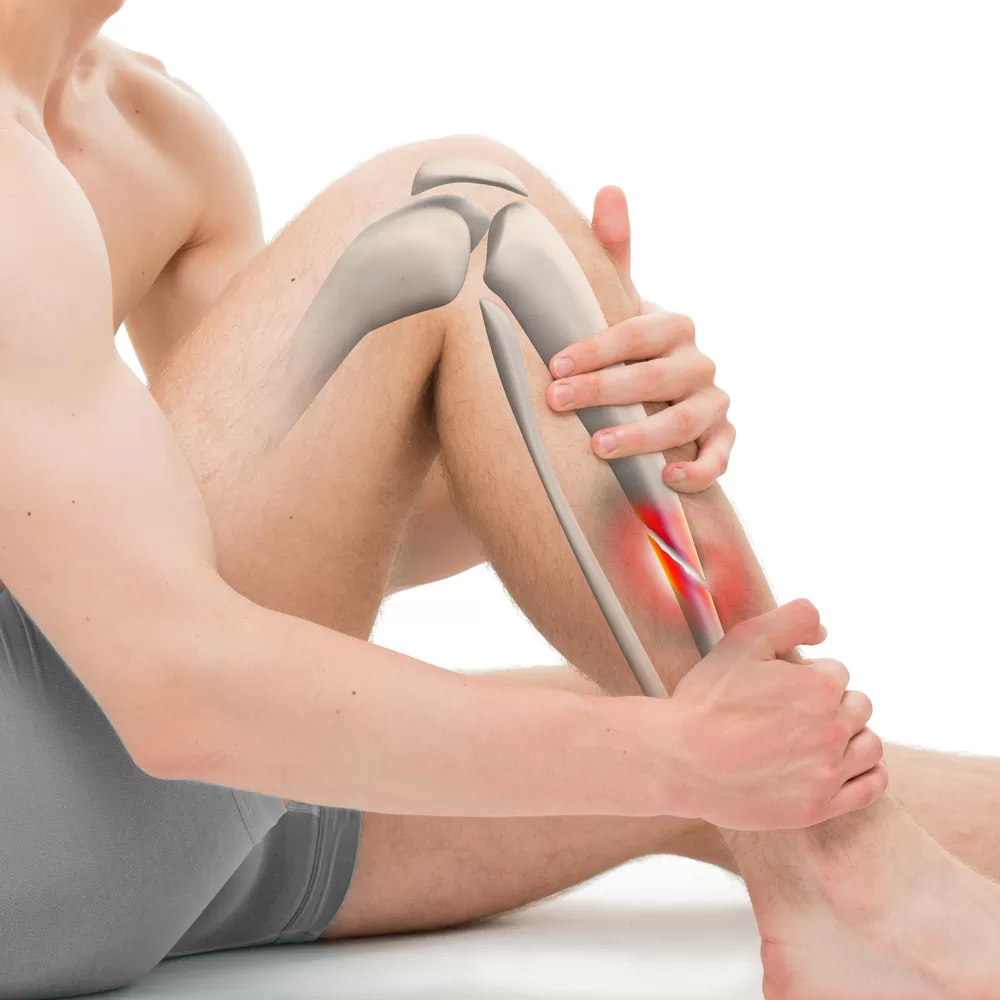
WAHEED BAKSH, MD, DPT
PAIN MANAGEMENT SPECIALIST
Specializing in treating acute and chronic pain syndromes, Dr. Baksh uses a multi-disciplinary approach aimed at improving his patient’s functional mobility and quality of life. He is a board-certified, fellowship trained pain management specialist, and also serves as an Assistant Clinical Professor in the Department of Neurosurgery at the West Virginia University School of Medicine.
Our Services

Neck Pain
Neck pain can stem from a range of issues, including poor posture, muscle strain, injury, or degenerative conditions like arthritis. At The Pain Center, we take a comprehensive approach to diagnosing the root cause of your discomfort and developing a personalized treatment plan.
Whether it’s a pinched nerve or chronic stiffness, our goal is to restore mobility and reduce pain so you can return to your normal activities without limitations.
Learn More
Back Pain
Back pain is one of the most common reasons people seek medical care—and it can have a major impact on your quality of life. From herniated discs and spinal stenosis to muscle spasms and sciatica, our team specializes in identifying the source of your pain and delivering targeted treatments.
At The Pain Center, we offer non-surgical and minimally invasive options designed to relieve discomfort and improve function long term.
Learn More
Leg Pain
Leg pain may be sharp, dull, or throbbing—and can result from nerve compression, vascular issues, or joint problems. At The Pain Center, we assess not just your symptoms but the underlying cause, whether it’s sciatica, arthritis, or poor circulation.
Our multidisciplinary team uses advanced diagnostics and tailored therapies to help you move more freely and live with less pain.
Learn MoreWhy Choose Us?
Our patients are all family at our office.
